Minimally invasive delivery of capsaicin into adipose tissues under the skin shows promise for countering obesity.
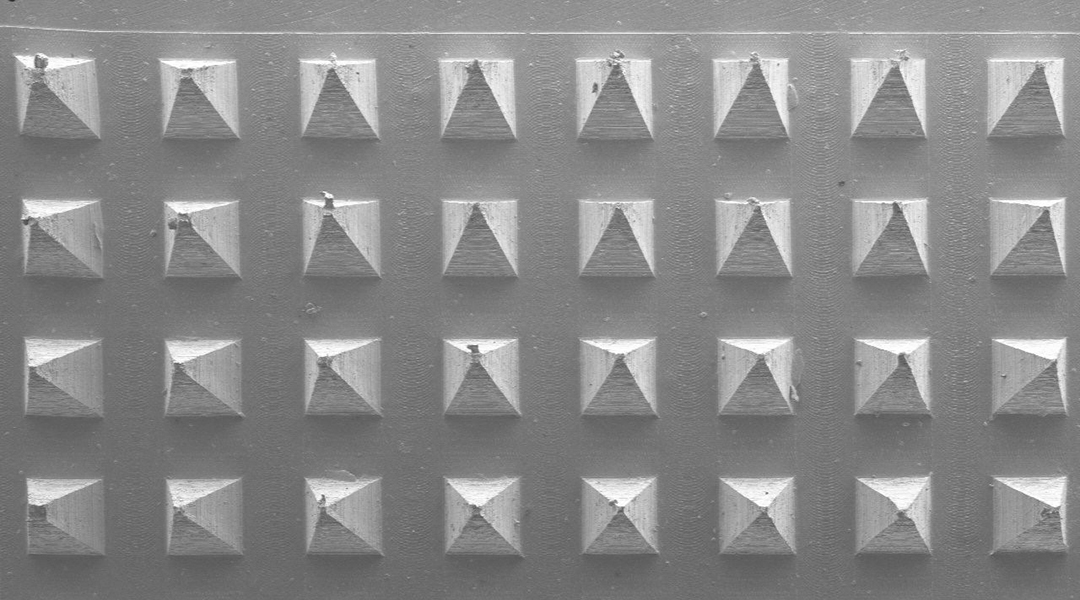

Minimally invasive delivery of capsaicin into adipose tissues under the skin shows promise for countering obesity.
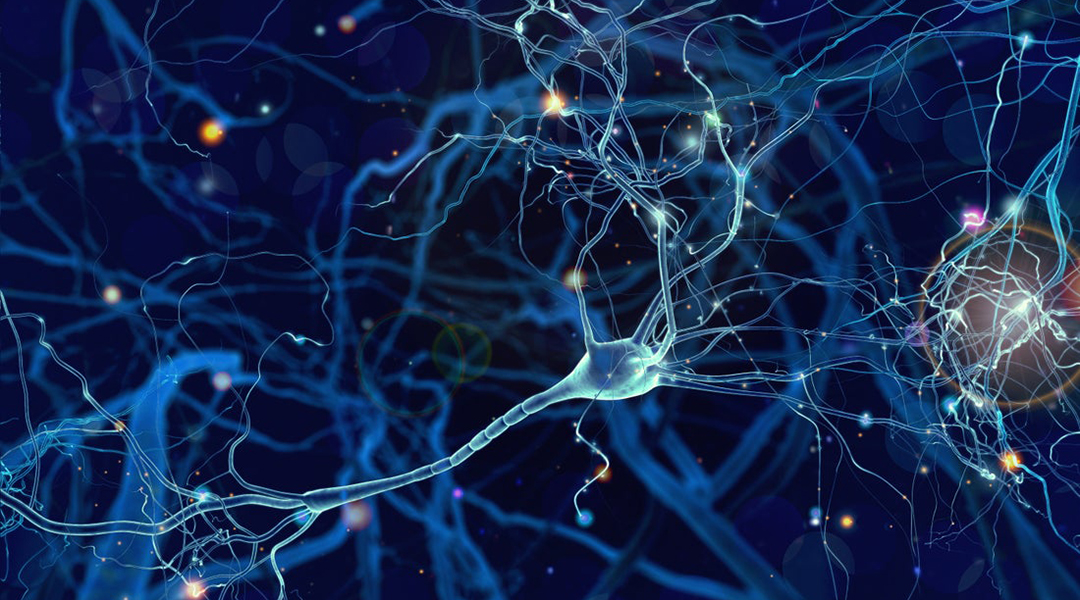
A new study provides hope for Parkinson’s disease, showing that neuron grafts using patients’ own cells have the potential to manage and even reverse symptoms.
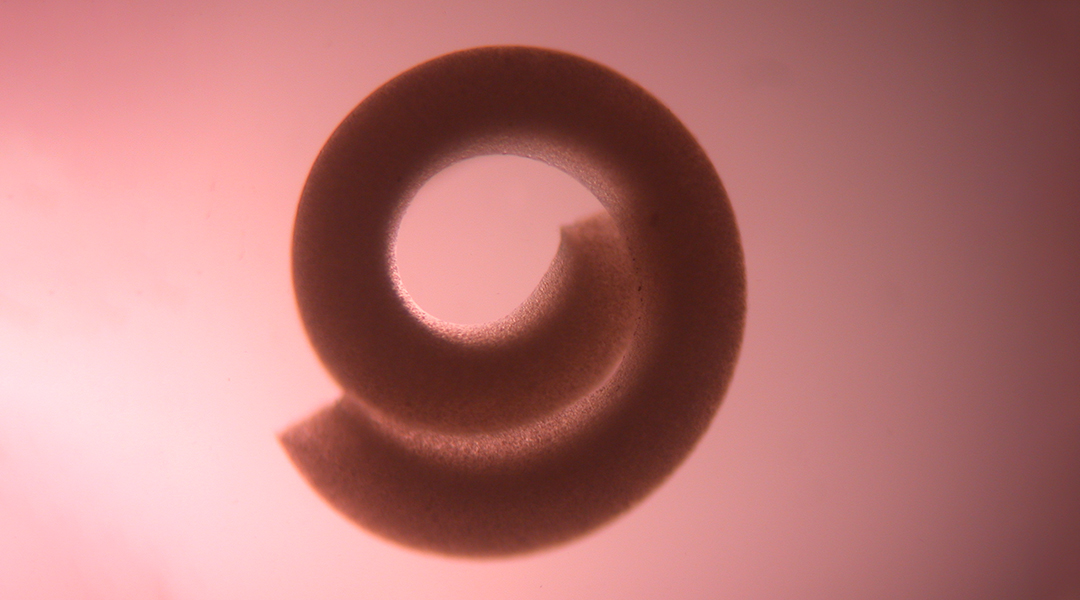
A new hydrogel can incorporate high cell density constructs to better mimic the rearrangement of native tissue in bioengineering.
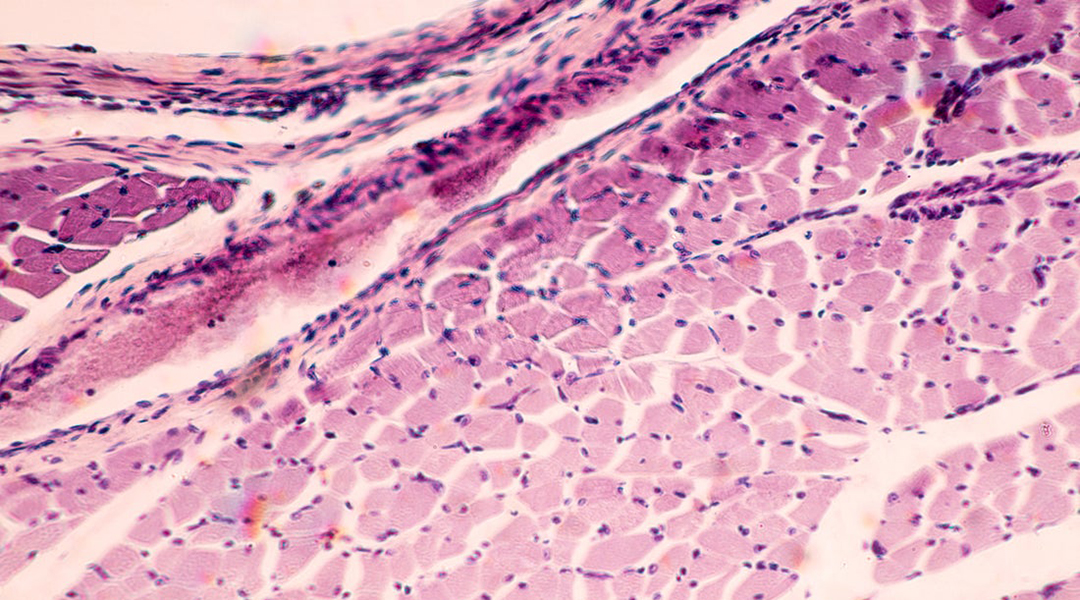
A new tissue regeneration strategy that employs direct cell reprogramming in combination with a new hybrid scaffold shows promise in proof-of-concept study.

Graphene-based biosensors incorporated in arrays of microneedles are emerging as an alternative to hypodermic needles and could be the next generation of blood sampling devices.
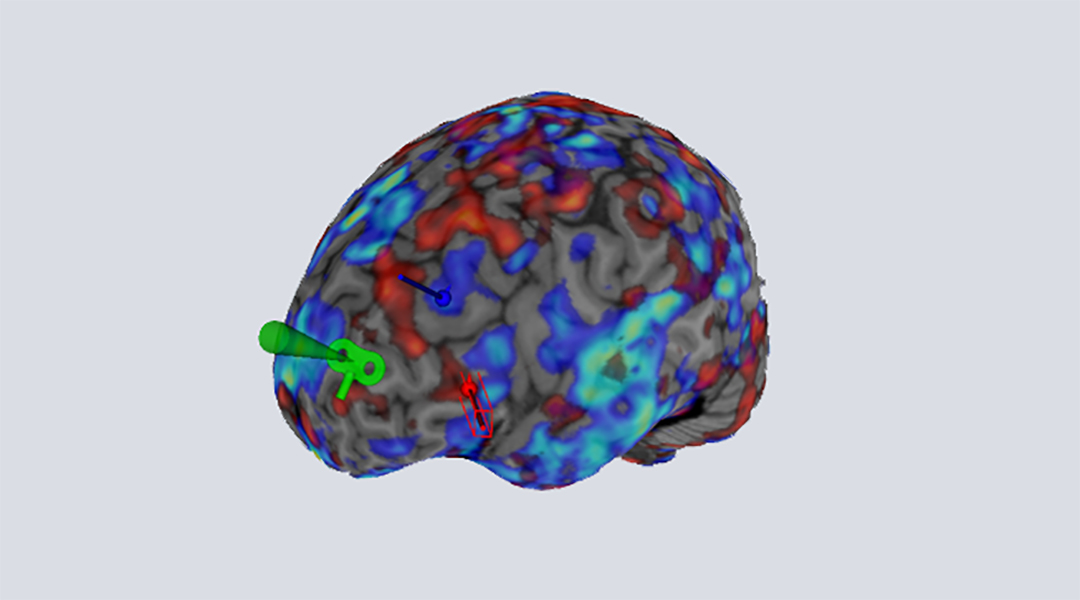
Taking advantage of progress made in neuroimaging, researchers hope that personalized treatments for mental disorders using brain stimulation therapies will be the way forward.

Using a more sophisticated analysis, researchers aim to set better baselines for clinical trials exploring therapeutics for patients with celiac disease.
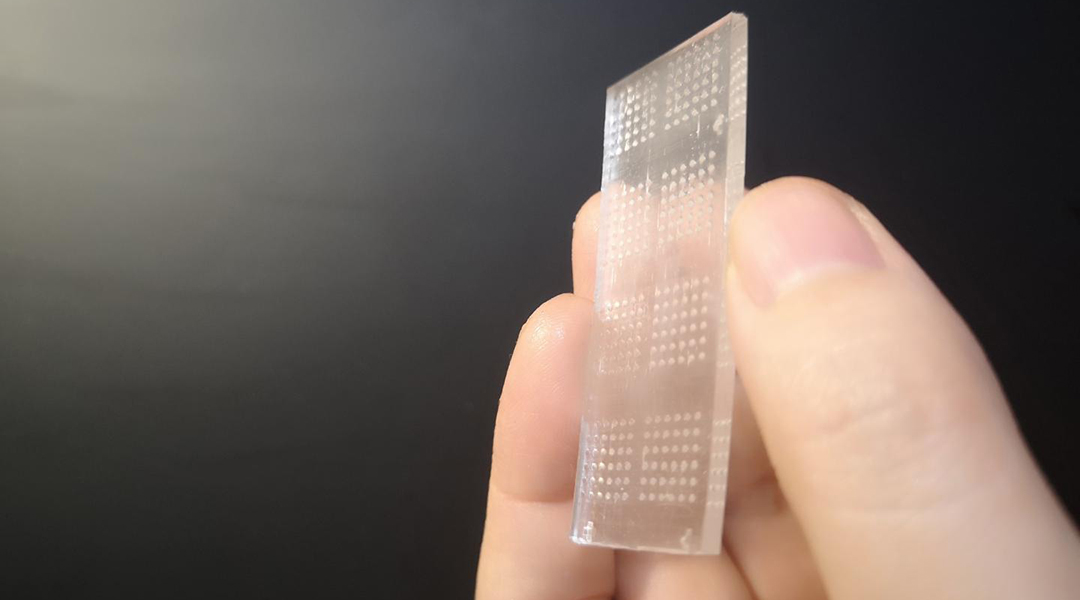
A new microwell chip holds promise for screening immunotherapy drugs with the added bonus that it can include a patient’s own cells for optimized treatment planning.
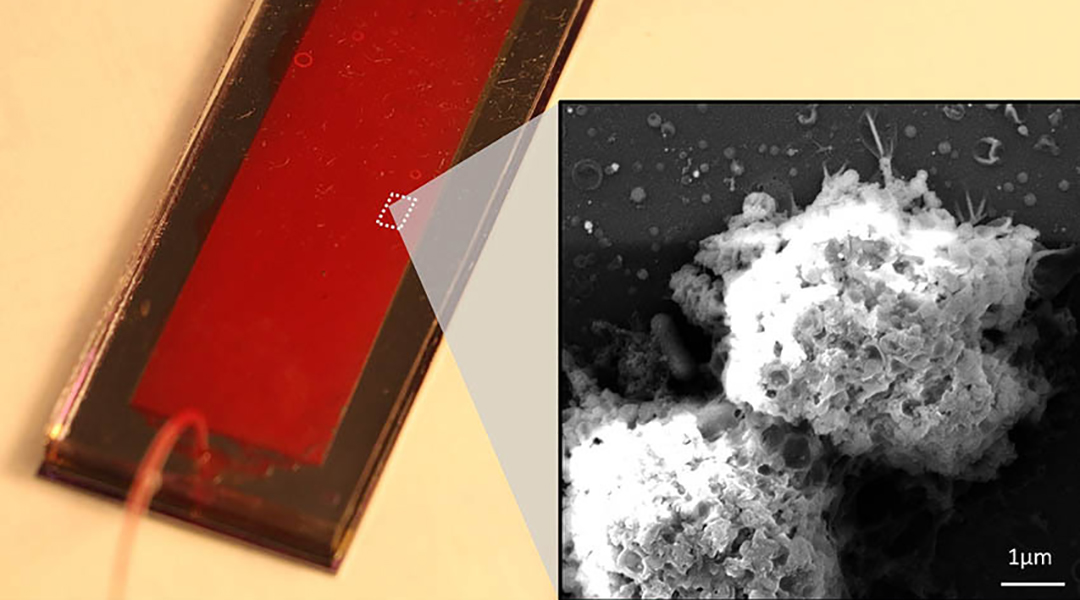
Engineers and oncologists teamed up to develop a microfluidic chip capable of capturing the body’s natural killer immune cells to harvest their cancer-killing exosomes.
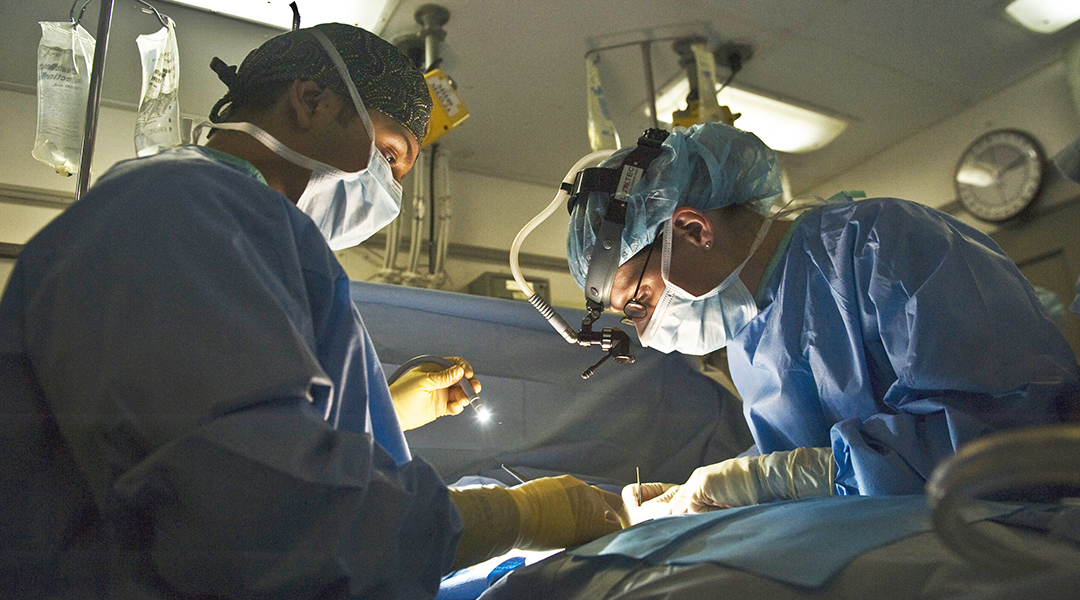
Sprayed on and held in place like Velcro, researchers develop a dynamic hydrogel barrier system to improve the outcome of invasive surgery and reduce the need for additional operations.